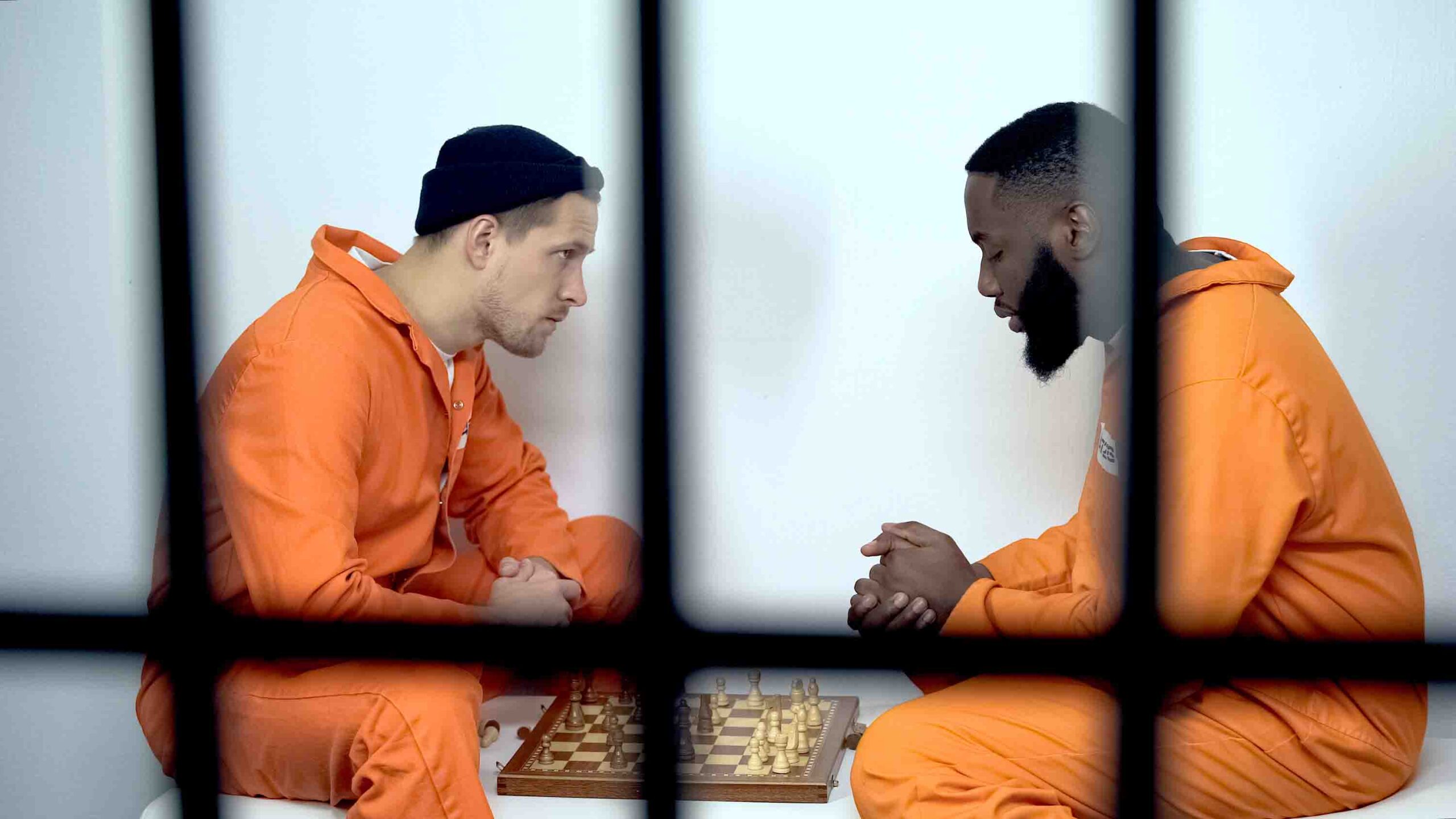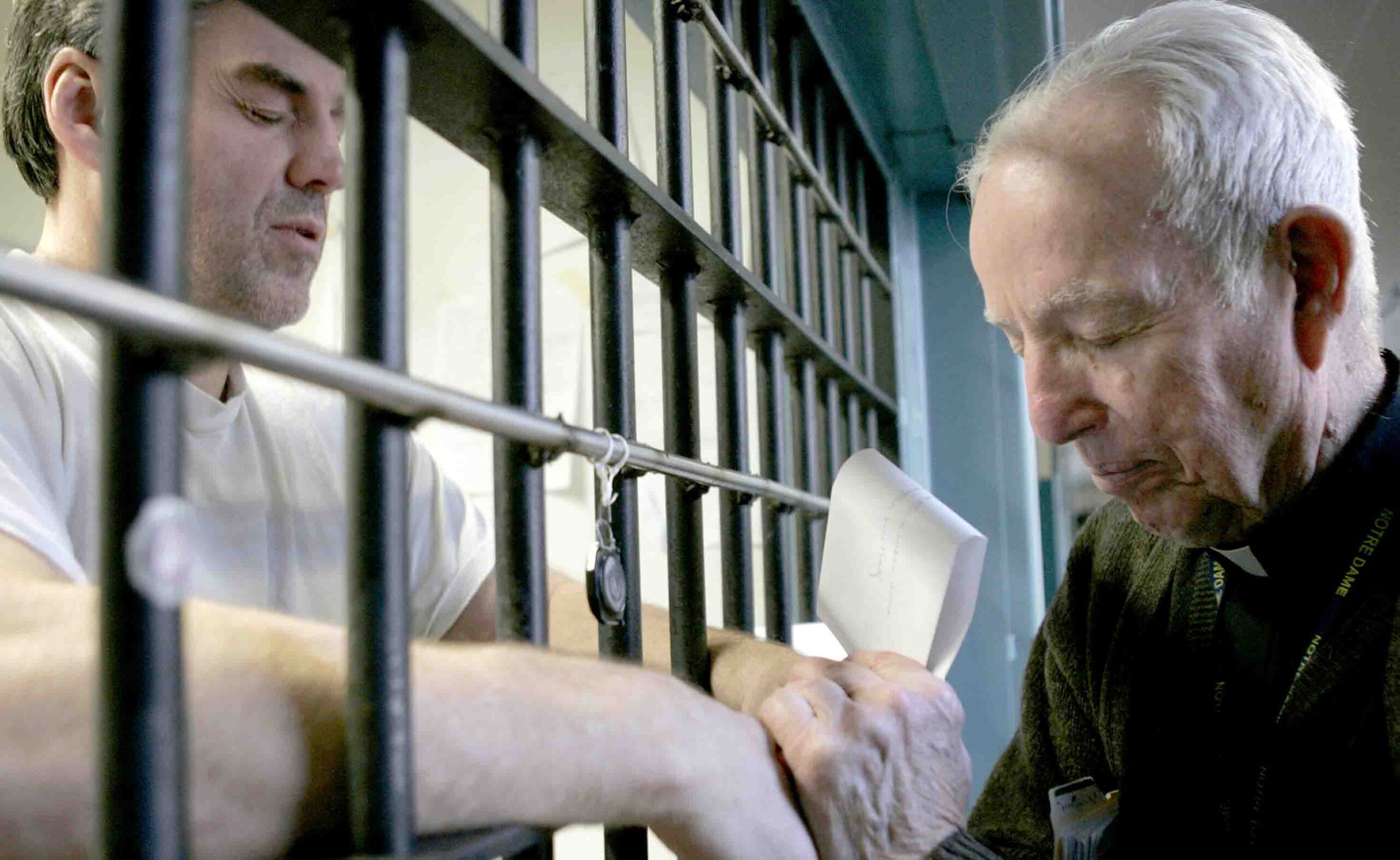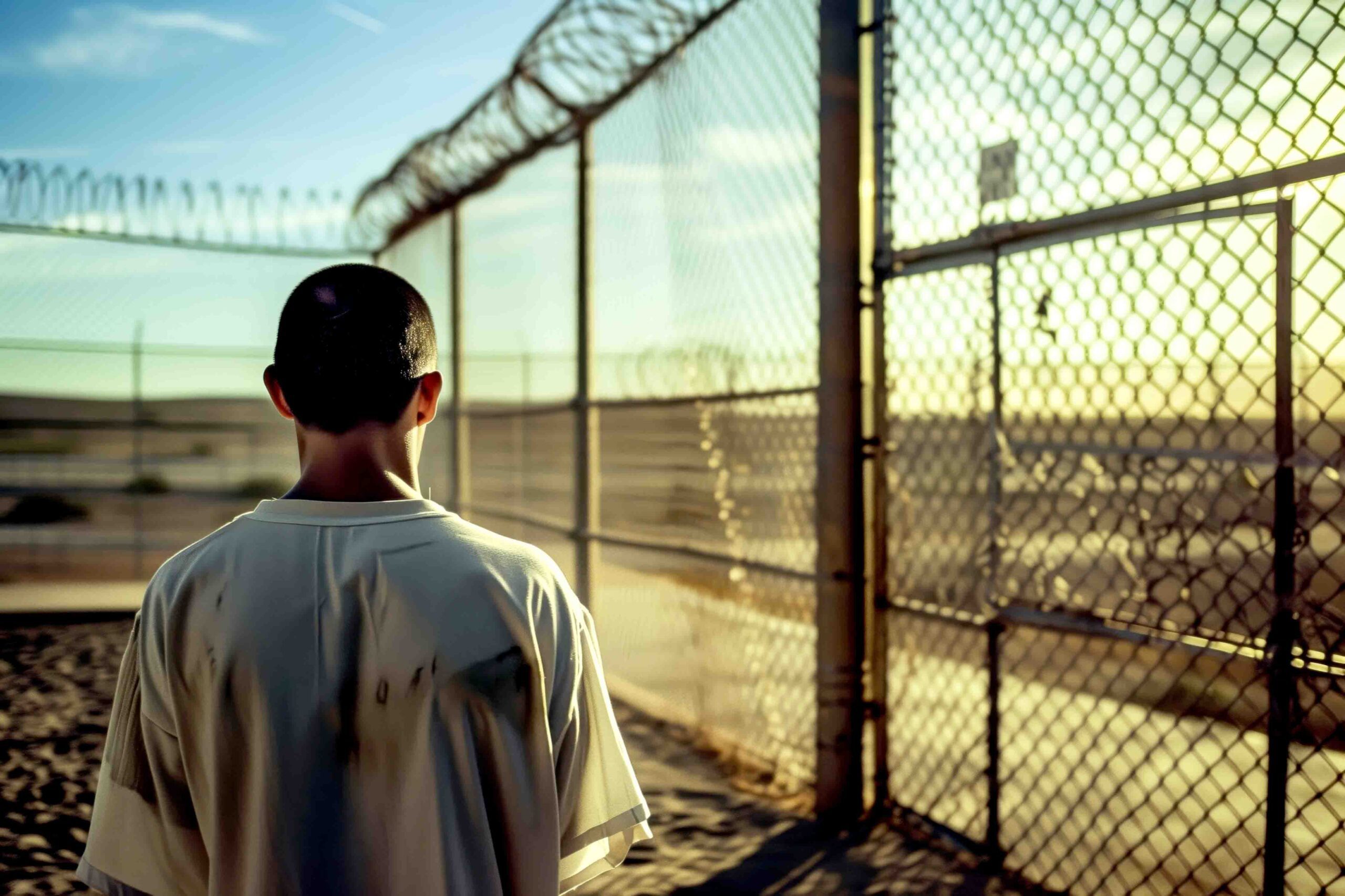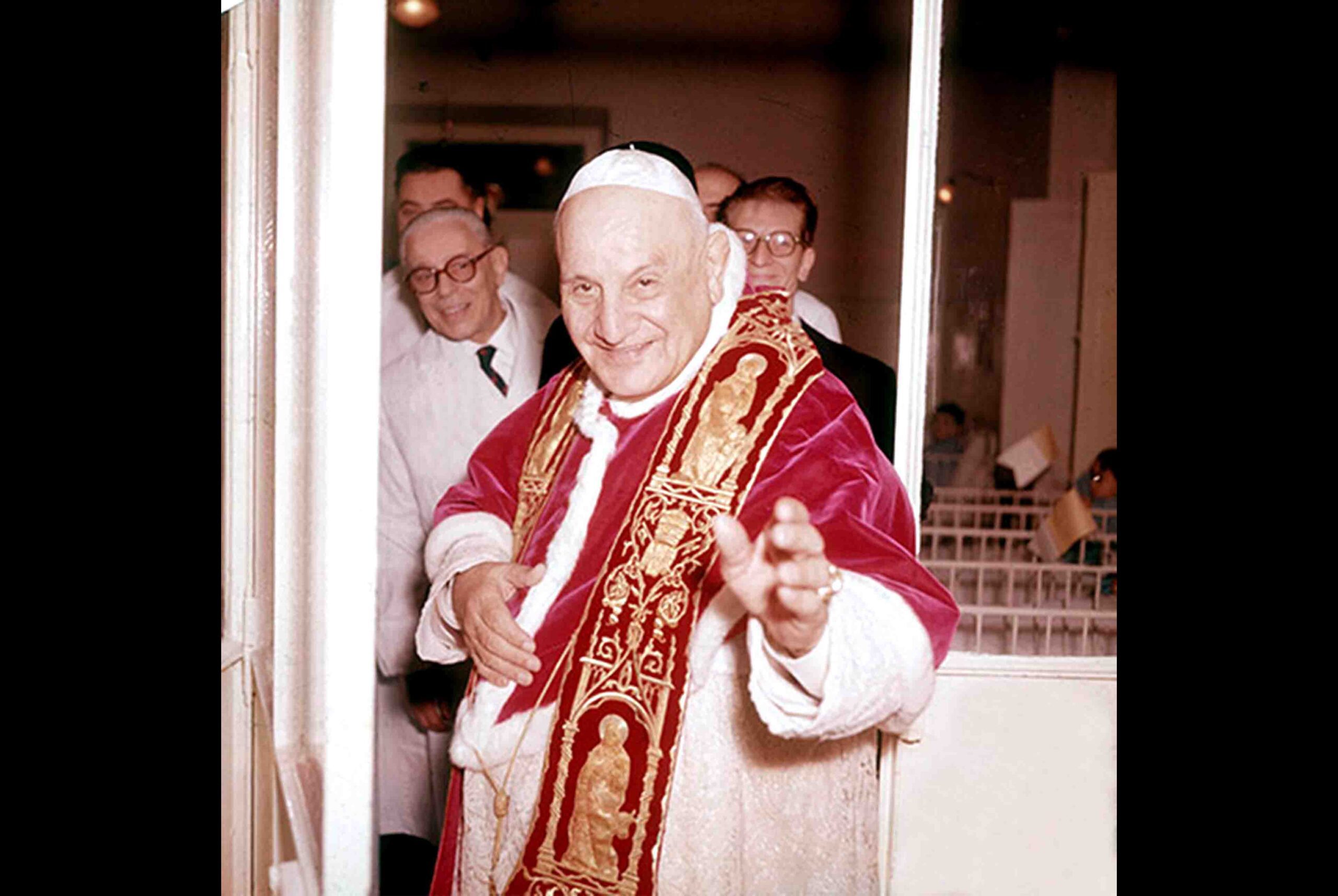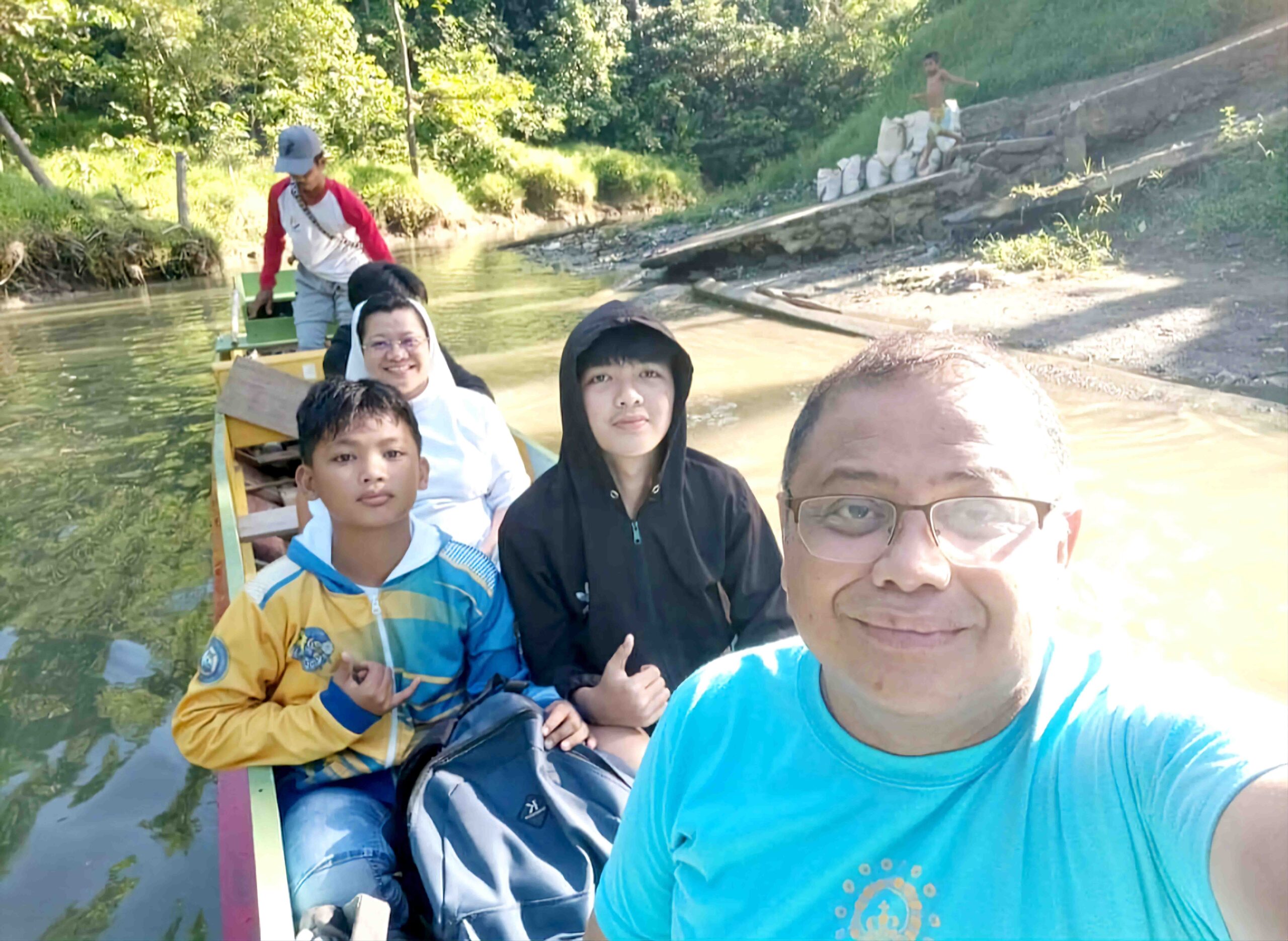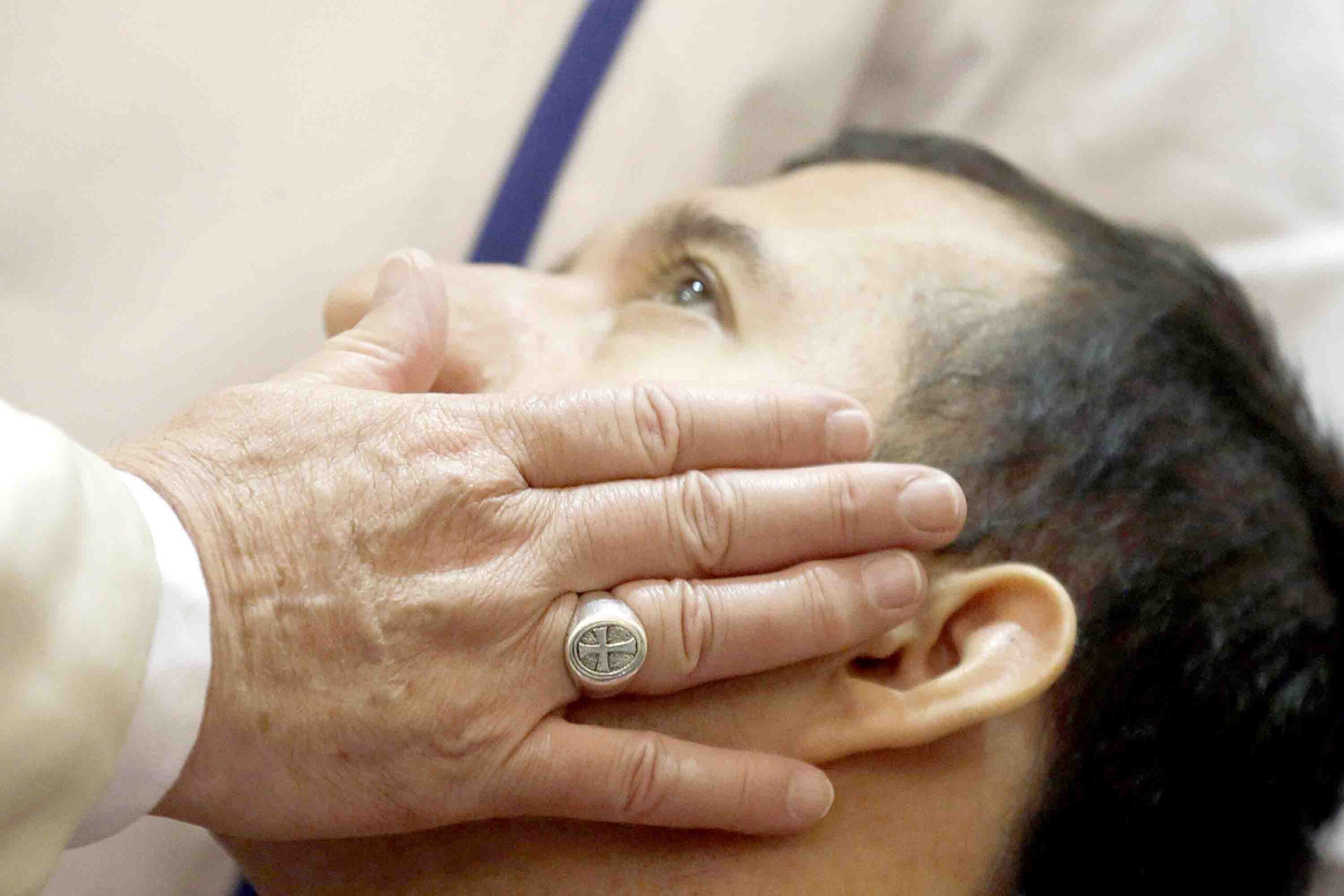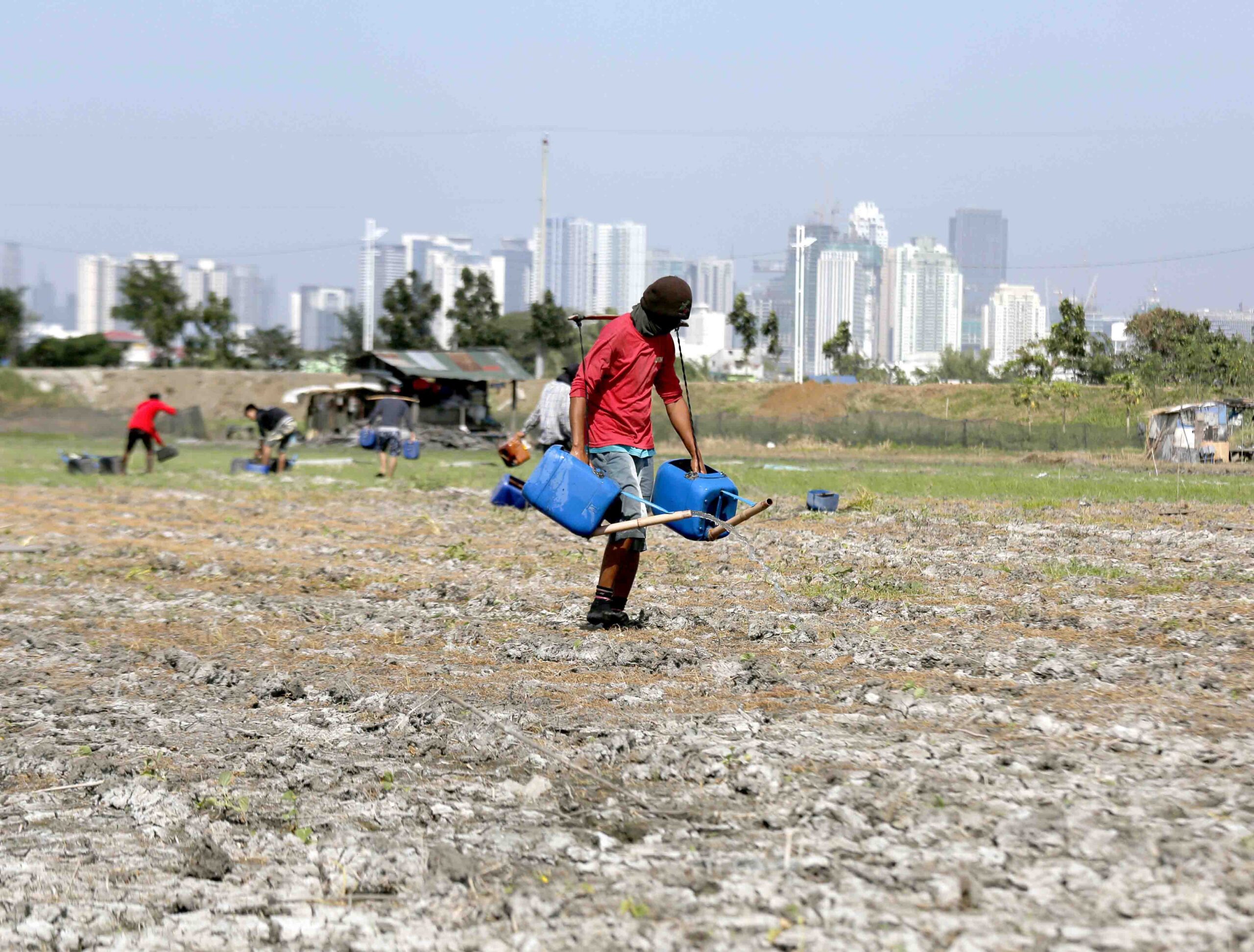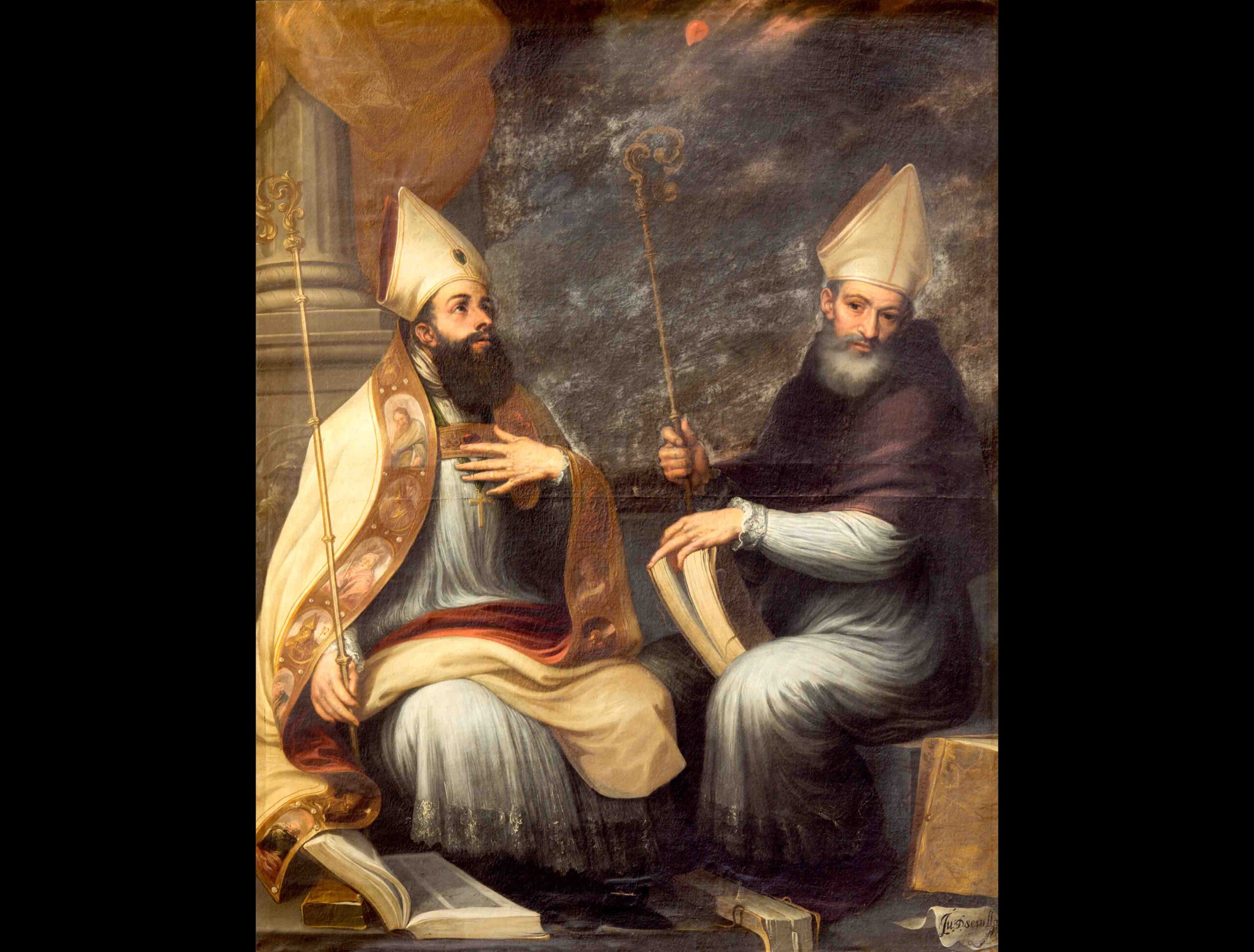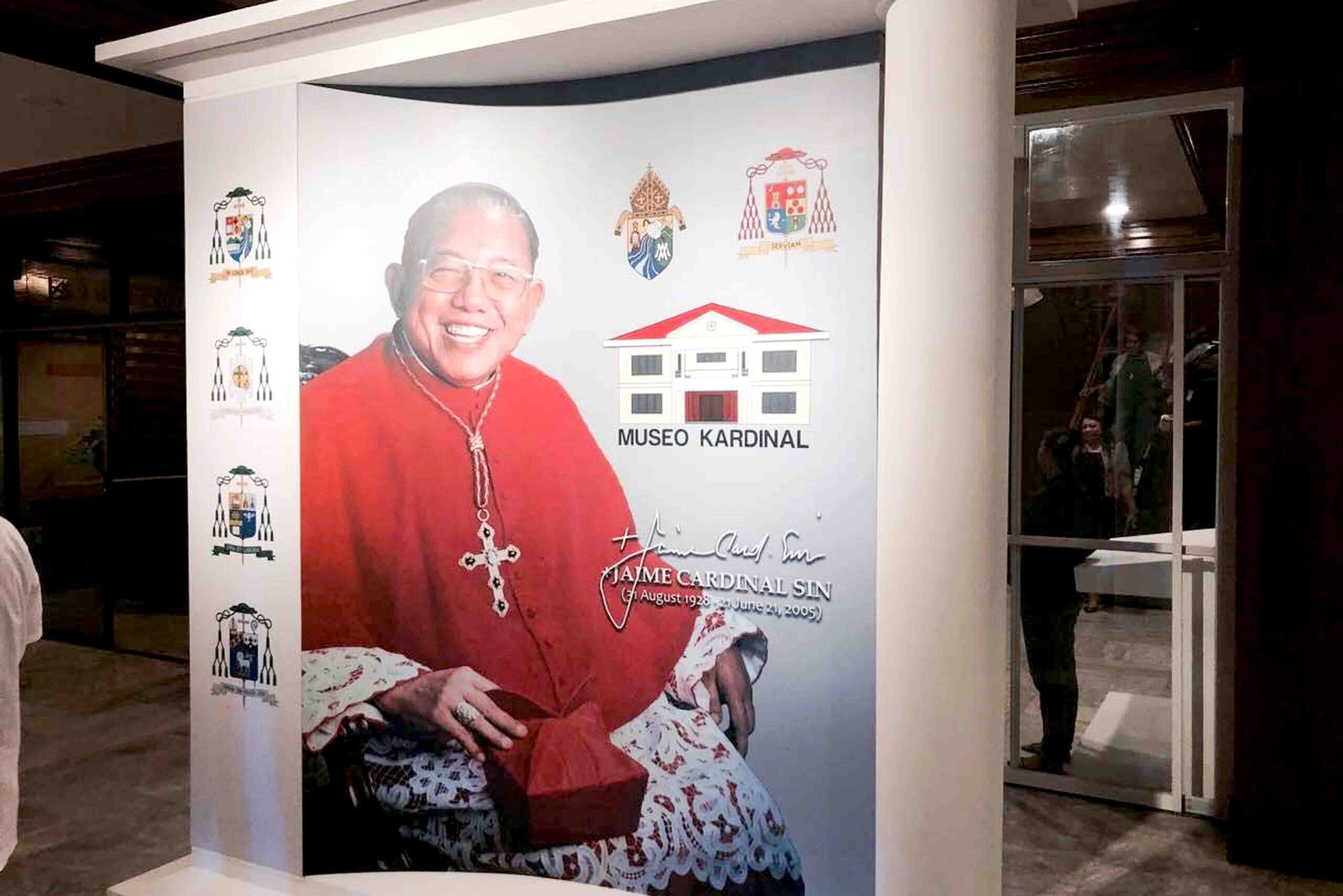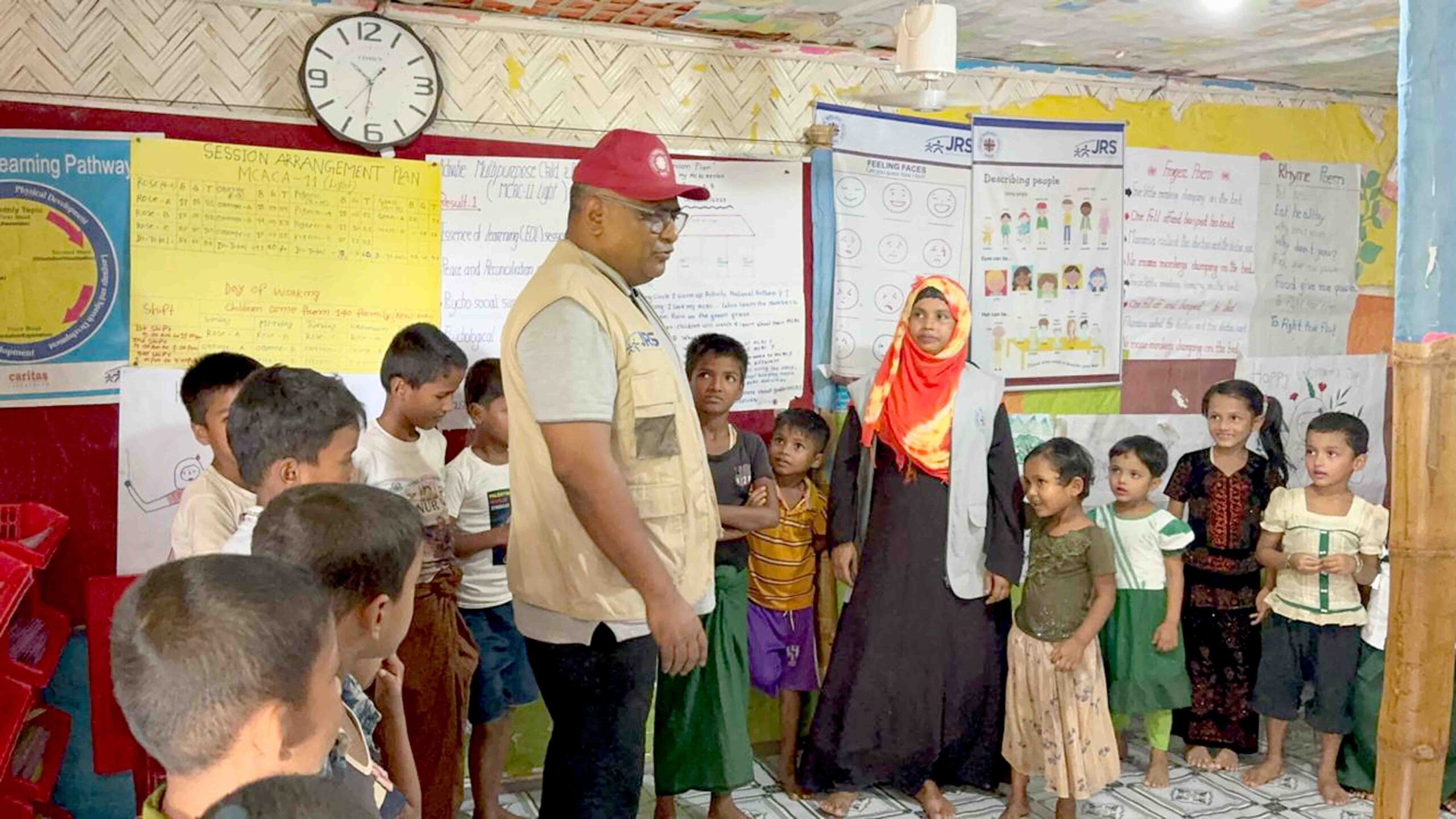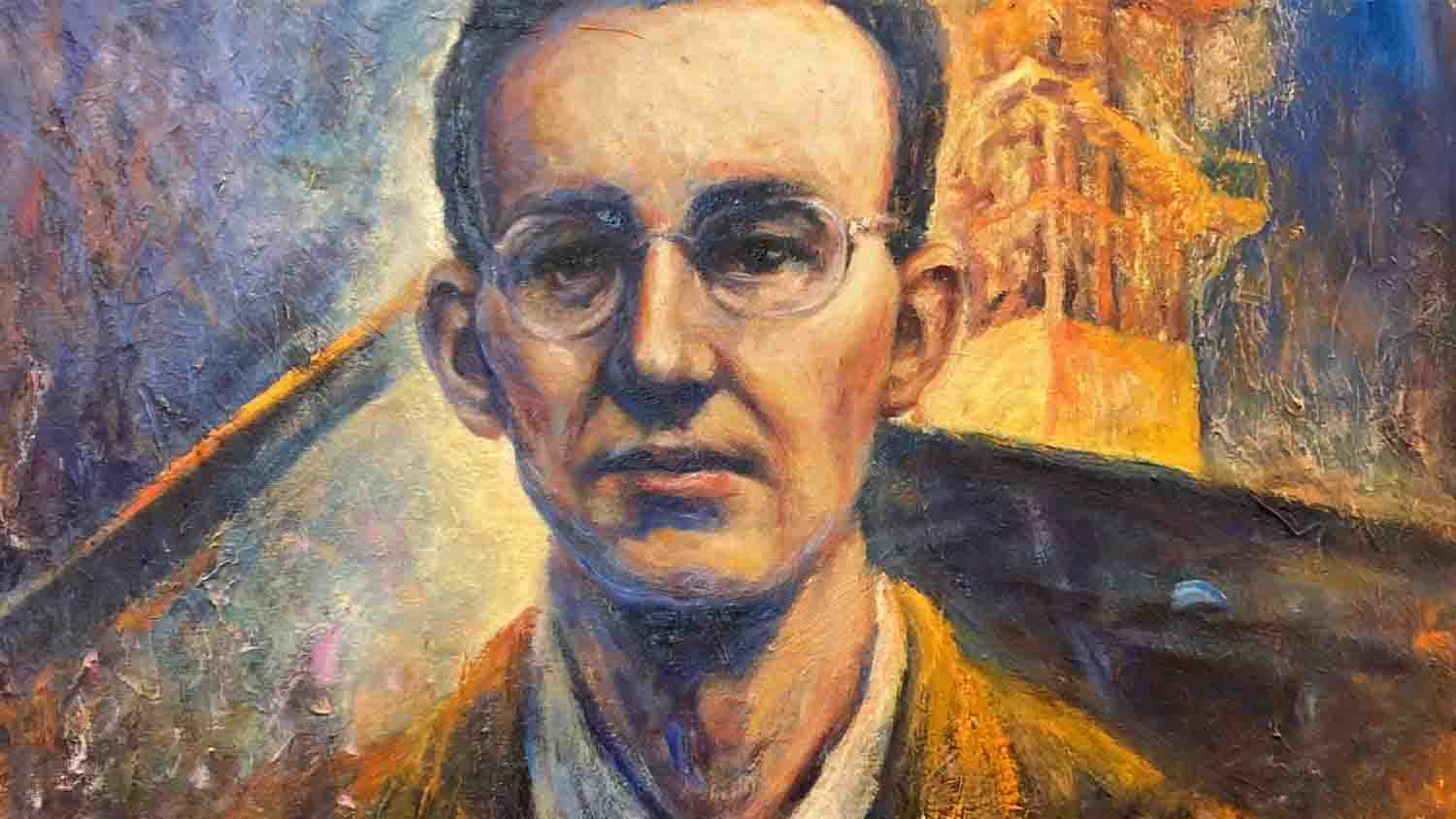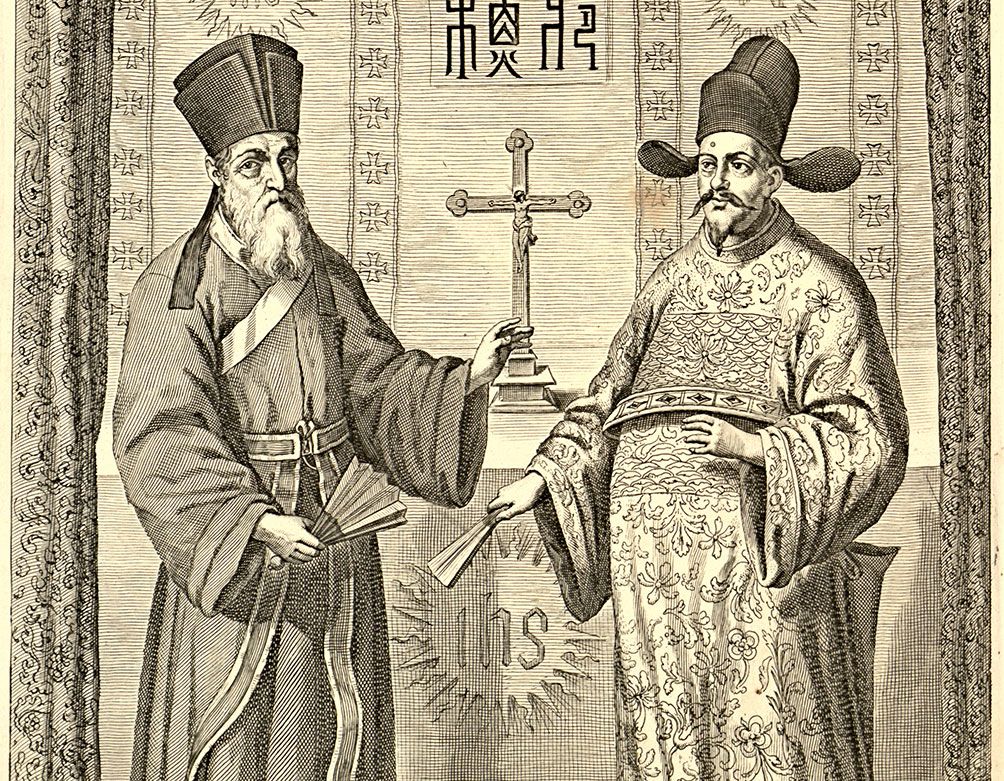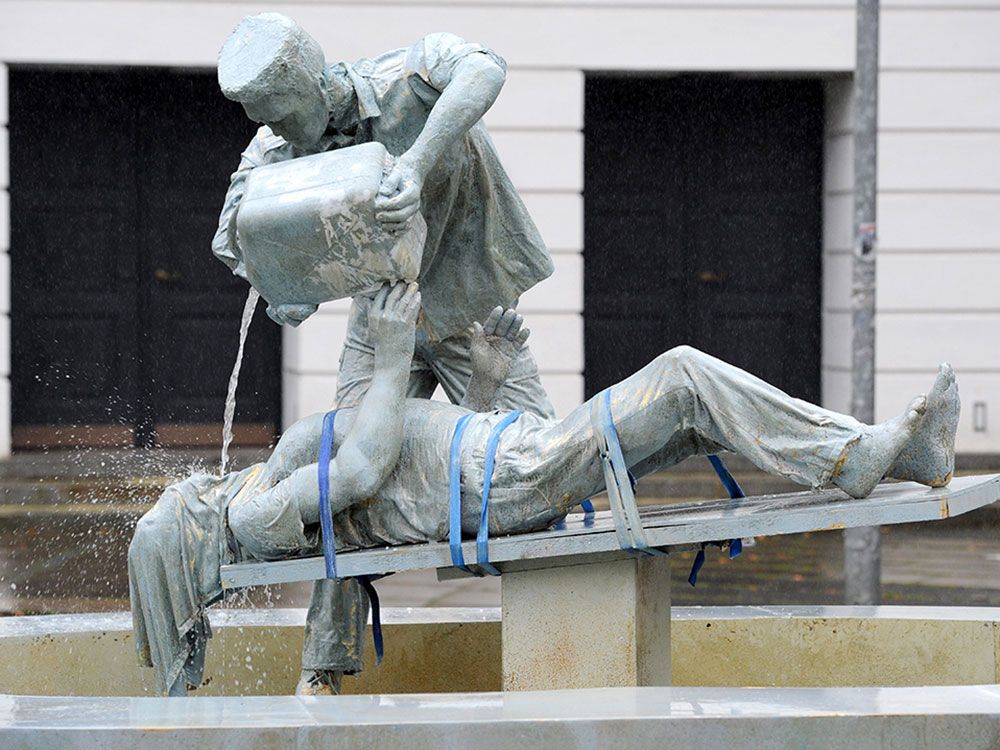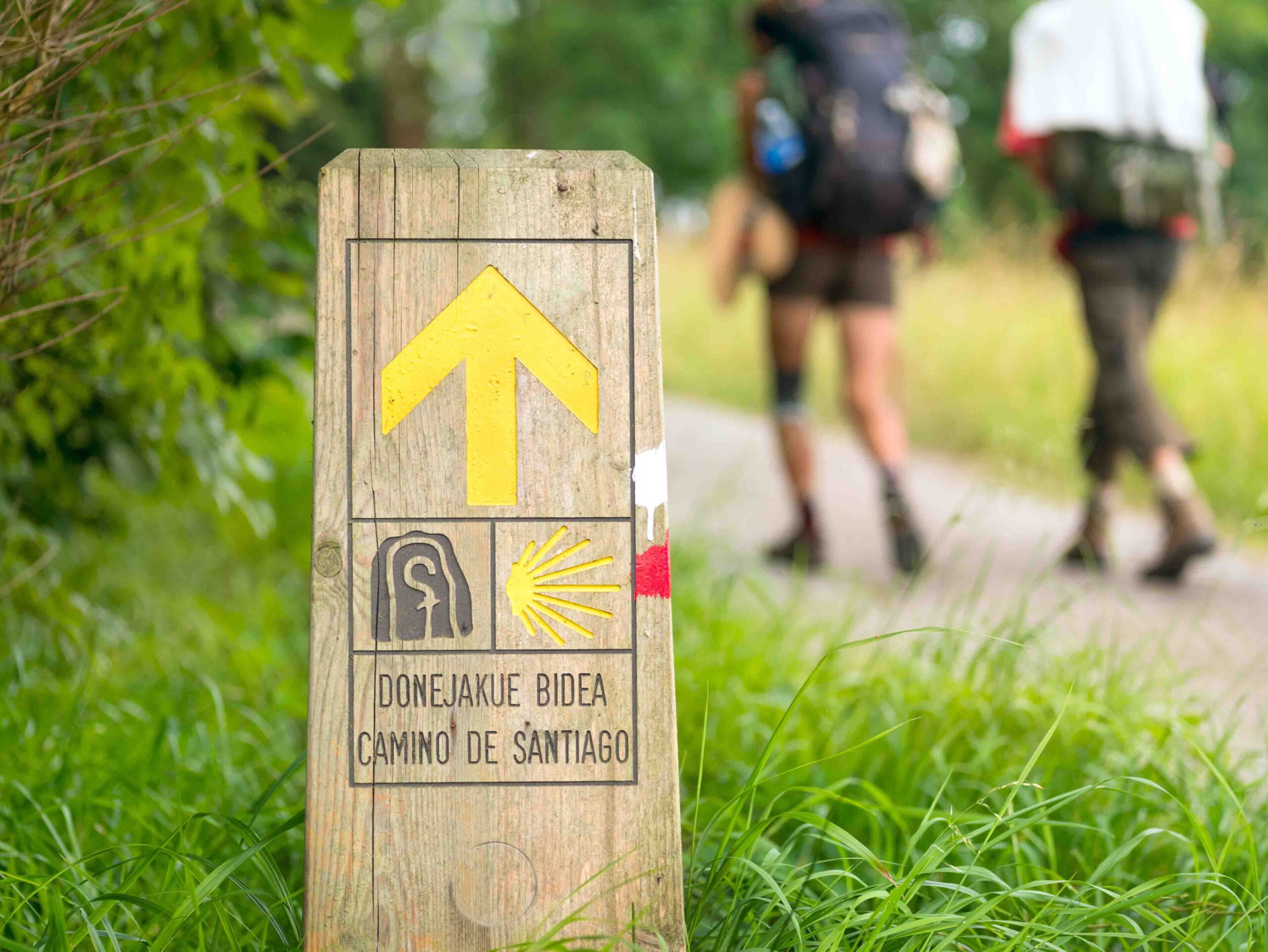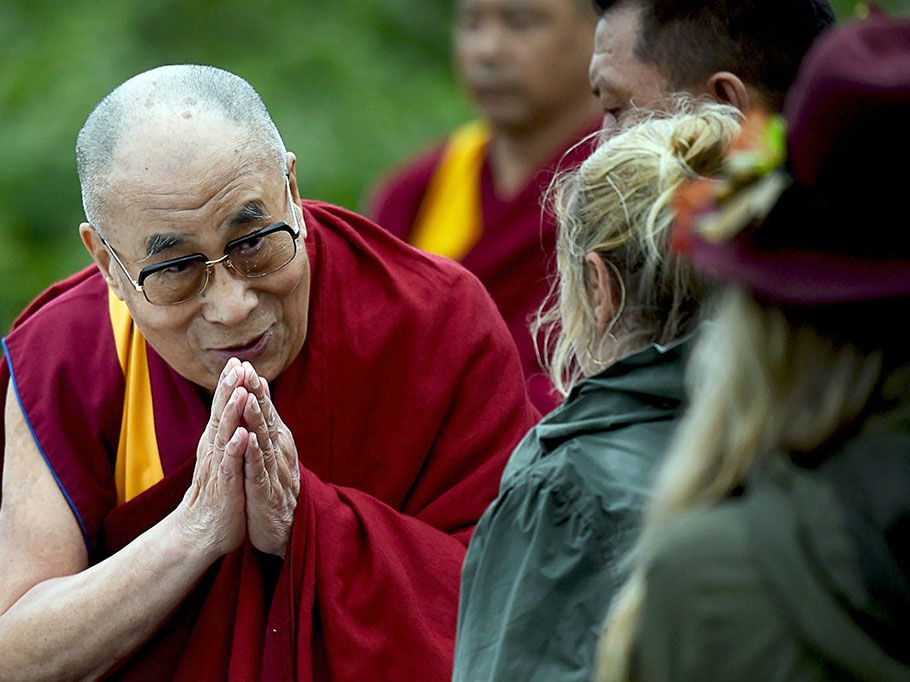It had been an intense day since I finished meeting five PDLs. Usually, when I leave ‘my office’-which is one of the cells–I feel very tired, not so much due to the sitting hours listening to their stories but because I feel the weight of their tragedies. I have long understood that it is impossible to approach other people’s suffering without being ‘bruised.’
While crossing the main courtyard, I noticed that the place was teeming with people despite the scorching heat. Every moment outside the cells is used to the maximum: some are chatting while others seem locked in their world of silence and suffering; some are playing draughts using bottle caps while others are doing fitness exercises; some are taking a shower while others are washing their clothes.
At a certain moment, I notice Danny leaning on the doorpost of his cell. He is one of my faithful collaborators. He has been in prison for four years, and his case is moving very slowly. His companions and the guards hold him in high esteem, and he has occupied roles of responsibility. I walk towards him because I need to relax a bit and have a nice chat.
During the day, the cells must remain empty, and the PDLs can only enter to take personal belongings. Those who are sick can stay inside while the two chiefs of the cell take turns keeping discipline. Since Danny is one of them, nothing prevents us from entering his cell. Before crossing the threshold, I do something usual: I look at the small notice board and read the number of PDLs hosted in the cell, “One hundred and one!” I say this with some surprise. Danny sighed and replied, “We are not few, but do you remember what conditions we were under last year?” I shake my head and recall those weeks of April when a number of cells, including his, reached one hundred and thirty people!
THE SAME AIR
While I move towards his bed, which is made of a few foam mattresses without a cover, Danny takes care to arrange a clean piece of cloth for us to sit on. Given his position, he can sleep on a ‘decent’ bed, even though he has to share it with the other chief. However, when it comes to the air, there are no privileges; they all breathe the same one.
Every cell is about ten feet high, fifteen feet wide, and twenty-two feet long. From this, we need to subtract twenty square feet for the CR, which is open and delimited by a low wall of about three feet. To think that this space must host such a large number of people seems surreal and a formidable challenge for human survival.
Then, I notice a sick PDL on the other side of the cell. He is resting on a thin mattress that looks like a mat. I take notice of this detail and am deeply touched; it seems to express no other language but the one of harshness and cruel punishment.
We start our chat, and he updates me with the ‘weekly bulletin’: some important events, a new VIP behind bars, a troubled PDL needing counseling,… when suddenly it begins raining.
“YOU ARE ALMOST ONE OF US”
Almost instantly, the guards posted on the watch tower start ringing the bell, which means that all PDLs, without exception, must immediately stop what they are doing and enter their respective cells. Within a few seconds, the first PDLs enter the cell where we are. Danny hesitantly looks at me and asks, “What are you going to do?” “Well, I will wait until it stops; after all, I did not carry an umbrella!” Danny looks at me and, smiling, continues, “After all, you are used to it now; you are almost one of us!” In reality, with those words, as I will realize later, he is preparing me for what is going to happen.
Let us remember that every morning after the PDLs have gathered in the central courtyard, some of them have the task of washing the floor and CR of the cells; still, the air we breathe inside is a real stench. But when people become so many, like now, it is no longer a matter of smell but of breathing.
At a particular moment, we stop our conversation; the place has become extremely stuffy. While I am silent, I remember the words of a certain PDL who frankly told me, “You always come to visit us when we are outside the cells, but every afternoon, at four, when they ring the bell, and we must get into line before being counted and entering our cells, then the real prison life begins once again!”
As the flow of PDLs continues, I stand up to try to understand how many have entered and how many may still be outside. Soon, I give up. The PDL next to me is respectful and tries not to push me, but he cannot withstand the pressure of his companions, so I move some centimeters towards Danny, who, through his strong shoulders and the respect he is given, manages to hold those who are on the other side.
The meticulous allocation of places is a well-tested daily script for them; I am the only unexpected guest. Near the door, someone starts shouting. I don’t understand what he is saying, but he is probably calling for order. A flash in my mind brings back scenes from movies about the slave trade, when ships packed with black Africans were sailing to South America: other eras, different environments, but still, ‘vessels of suffering.’
I must admit that at that moment, tired as I was, I could not empathize fully with their ordinary living conditions. If I am trying to do so now in this writing, I feel in debt to them. That day, I distanced myself a bit from the suffering in that cell; it looked too much and could have overwhelmed me. I was used to planning my time to meet with their suffering, but that day, the naked truth came to me unexpectedly.
When all have entered and the door is locked, I stand up and try to look around. The yellowish light of the only bulb hanging from the ceiling makes the atmosphere very bleak. I imagine that every PDL is hoping that the rain will stop immediately. In this moment, the lives of each one of them look like an open letter written by torments.
While I am standing, I can breathe a bit better, but my legs are tired, so I sit down again. Danny is a few centimeters away from me, but it is as if he were not there. He is silent. My mind looks trapped by those words that are now haunting me, “… then the real prison life begins once again!” I imagine the afternoon when, at four, the bell rings for the first time, followed by the second, which announces the locking of the cells. I imagine all those hours spent in the very place where I am right now. I imagine the sleepless nights of those who must remain standing and lean on the wall, especially if under punishment. I imagine their wait for the morning when they open the door at eight, day after day, month after month, year after year.
“LIFE IN OUR CELLS”
After a while, the rain slows down and then stops. I noticed some commotion because some PDLs would like to go out immediately, but the chief at the door told them to be patient, as the rain could start again. Other endless minutes pass until the door is opened, and the PDLs, with surprising discipline, leave the cell. We remain again, the three of us. Danny realizes that I am thoughtful and, with a benevolent look, whispers, “Now you have seen how life is in our cells!” He knows very well that I have been with them every Saturday for the last three years, but today’s experience has added something different.
That half an hour spent in that cell, where all the air we were breathing had to pass through the small window on the door and the slits near the ceiling, that sharing of every square centimeter with one hundred and one PDLs, the images and thoughts intertwined with my feelings, the whole experience catapulted me out of my world.
Even though I was not one of them, that day, for a short moment, I was profoundly united with them. Those ignored and forgotten tragedies, those lives hated by most, their sad faces, their subdued cries, and all those examples of human dignity being trampled on: that shared afternoon entrusted them to me so that they may not vanish into thin air.

